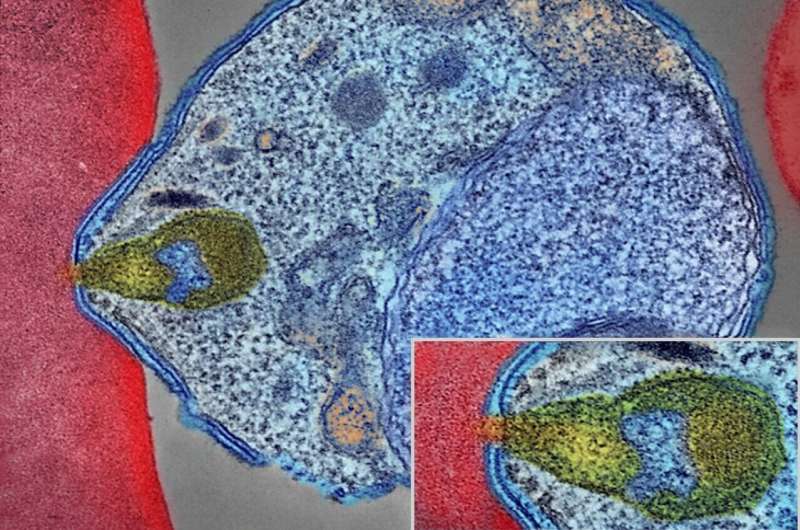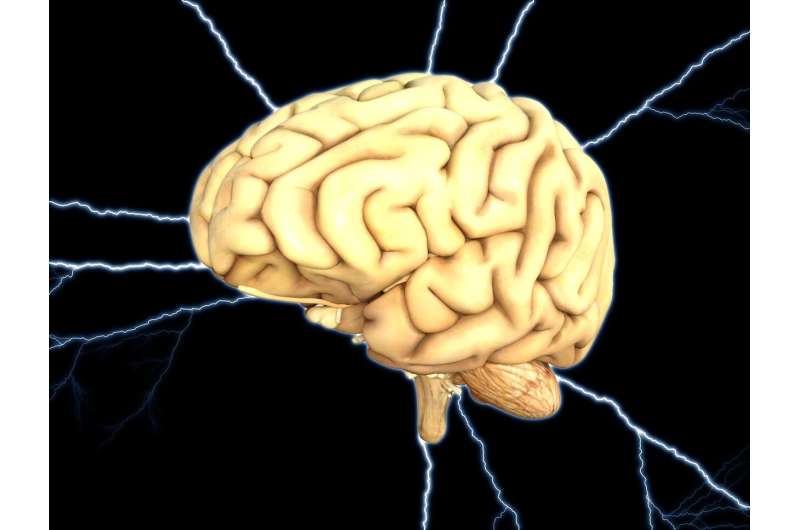Revolutionary AI System Accelerates Cardiac Scan Analysis, Enhancing Early Detection of Coronary Artery Disease

A new AI system developed in Singapore accelerates cardiac scan analysis from hours to minutes, enabling earlier detection and better prediction of coronary artery disease. The technology promises significant improvements in healthcare efficiency and patient outcomes.
The National Heart Center Singapore (NHCS) has launched a groundbreaking AI-driven platform called SENSE (Singapore hEart lesioN analySEr), designed to dramatically reduce the time required to analyze cardiac imaging scans—cutting it from several hours to just minutes. This innovative system aims to transform the early detection and prediction of coronary artery disease (CAD) by leveraging advanced machine learning algorithms.
Developed by the NHCS CardioVascular Systems Imaging and Artificial Intelligence (CVS.AI) Research Laboratory in collaboration with ASTAR's Institute for Infocomm Research (ASTAR I²R), SENSE utilizes sophisticated computational techniques to automatically interpret cardiac scans and assess CAD risk efficiently. Traditionally, detailed analysis of such scans takes two to four hours by specialists; now, with SENSE, this process is expedited to under ten minutes.
Implementation of SENSE is scheduled for three major Singaporean hospitals—NHCS, National University Hospital, and Tan Tock Seng Hospital—by the third quarter of 2025. This development signifies a vital stride in addressing CAD, which is responsible for nearly one-third of cardiovascular deaths in Singapore.
To support this technological leap, the NHCS CVS.AI Research Laboratory has established a state-of-the-art facility spanning 164 square meters dedicated to AI research and development. It features high-performance GPU infrastructure and advanced machine learning software that facilitate real-time processing and improve diagnostic accuracy.
"This new facility marks a significant milestone in our AI capabilities," stated Assoc Prof Zhong Liang, Co-Director of CVS.AI. "With updated infrastructure, we are better equipped to analyze big data and enhance our AI models."
The lab’s AI algorithms process patient data rapidly, offering clinicians instant insights that inform both diagnosis and preventive strategies. Building upon the success of their previous project, APOLLO, NHCS's AI platform for cardiac imaging, SENSE further refines automation by integrating patented post-processing techniques. It evaluates key indicators like coronary calcium scores, epicardial fat, stenosis, and plaques from CT scans.
Once patient scans are uploaded to dedicated AI workstations, they are analyzed automatically, with results delivered within 10 minutes—an advancement of over 30 times compared to current methods. Such efficiency allows for potentially earlier interventions, improving patient outcomes.
"SENSE introduces an unprecedented level of accuracy and speed in CAD diagnosis," said Assistant Professor Lohendran Baskaran. "It enables us to predict disease presence with high precision, facilitating timely treatment and management strategies."
Given that CAD accounts for nearly a third of cardiovascular deaths in Singapore, this AI system is poised to be a vital tool in early detection and proactive healthcare management. Industry leaders emphasize that SENSE exemplifies the positive impact of AI innovations in clinical practice and healthcare delivery.
This advancement is the culmination of NHCS’s broader efforts in AI research, from the initial APOLLO project—which built Singapore’s largest cardiac CT scan database—to the current deployment of SENSE, which automates complex image analysis for better clinical decision-making.
Source: https://medicalxpress.com/news/2025-05-ai-cardiac-imaging-scans-minutes.html
Stay Updated with Mia's Feed
Get the latest health & wellness insights delivered straight to your inbox.
Related Articles
New Insights into Malaria Immunity Through Antibody Sequencing in Children
Researchers have decoded a naturally acquired antibody from a malaria-exposed child, revealing insights into immune protection against severe malaria through advanced mass spectrometry techniques.
Independent Studies Disprove Rumors of New Neurological Disease in New Brunswick
Recent research discredits claims of a new neurological disease in New Brunswick, revealing existing neurodegenerative conditions as the true diagnoses, highlighting the importance of accurate diagnostics.
Impact of Food and Housing Insecurity on Unsafe Gun Storage Practices
Research reveals a strong link between food and housing insecurity and unsafe firearm storage practices, emphasizing the need to address social determinants to improve gun safety and community health.



